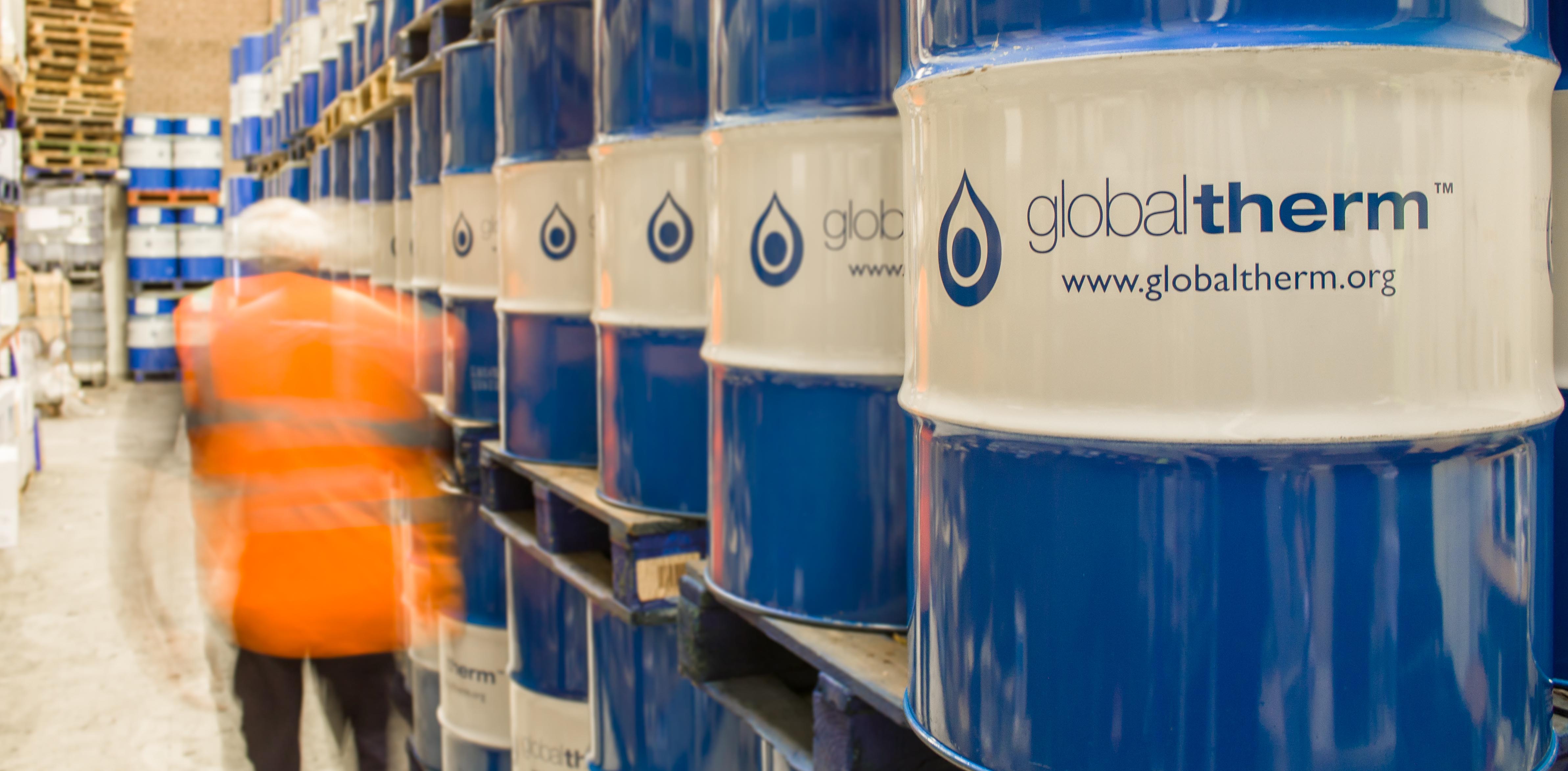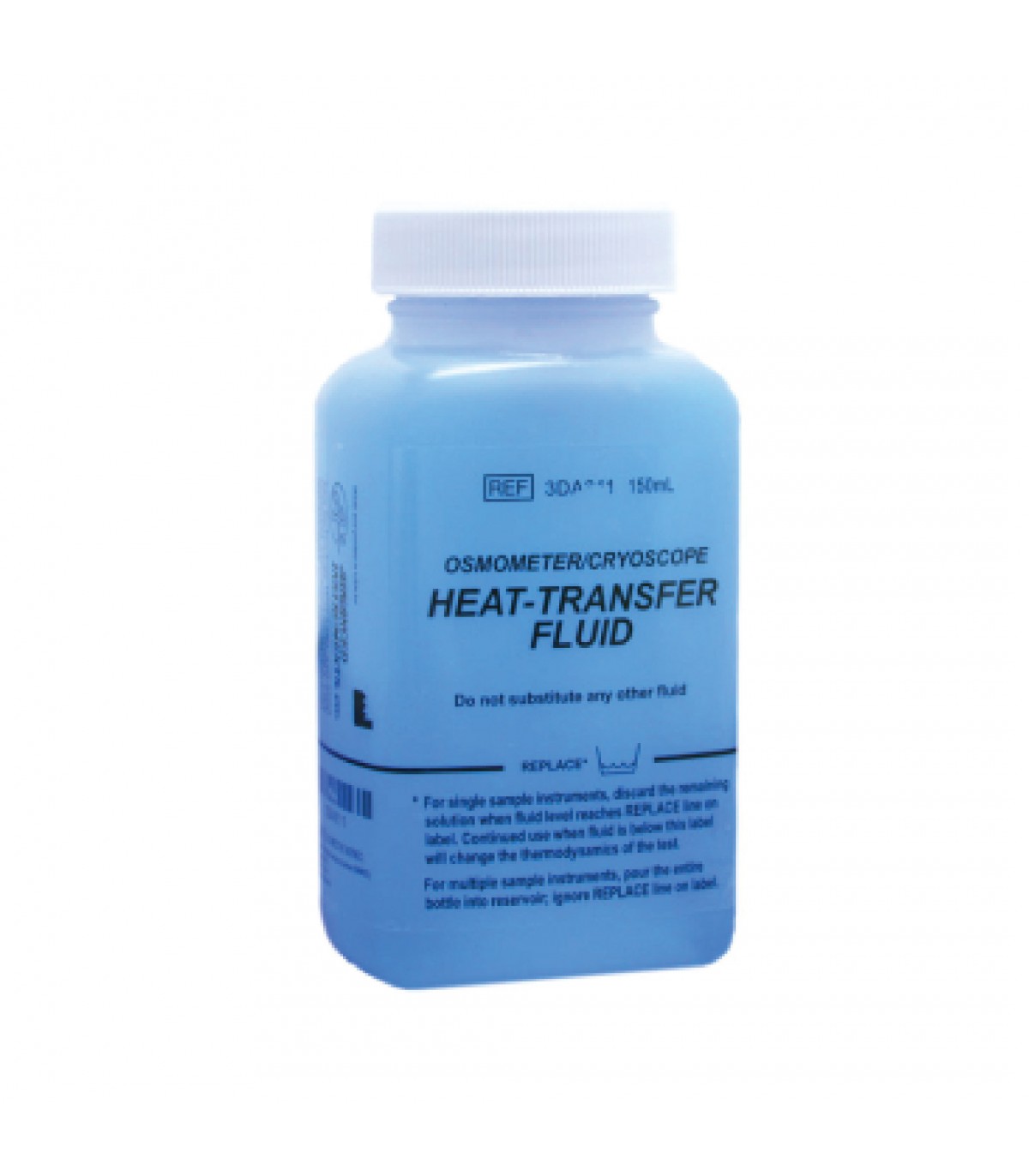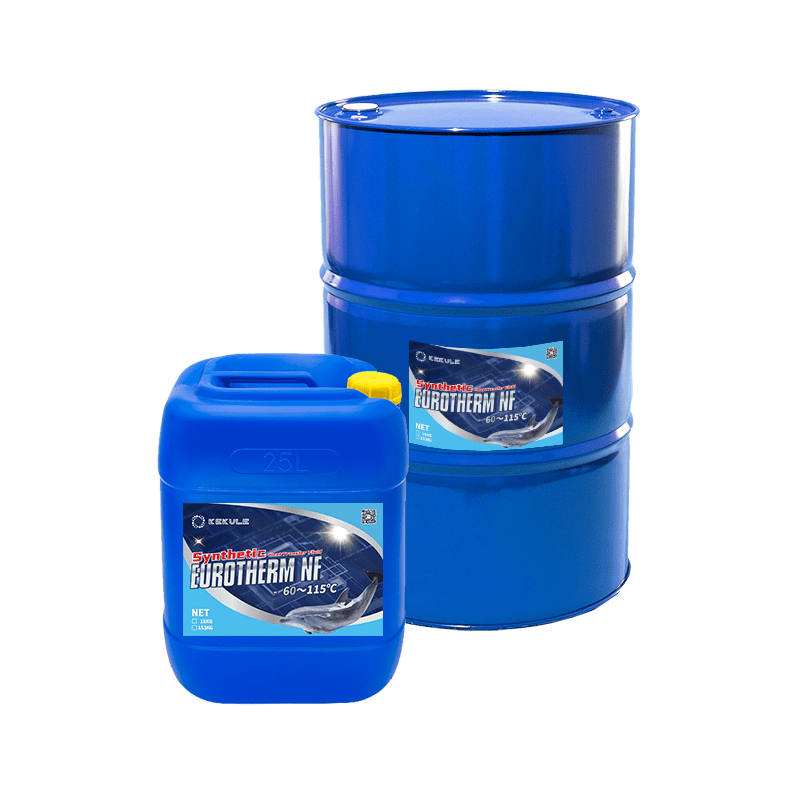Just How Heat Transfer Fluid Effects the Effectiveness of Heating And Cooling Systems
Just How Heat Transfer Fluid Effects the Effectiveness of Heating And Cooling Systems
Blog Article
Why Heat Transfer Fluid Is Crucial for Optimizing Power Transfer in Equipment
The role of warmth transfer liquids in optimizing power transfer is pivotal for attaining effective thermal management throughout numerous industrial markets. These fluids facilitate seamless warmth exchange, making sure processes run within ideal temperature level arrays and alleviating the threat of getting too hot. Their choice, based on factors like thickness and thermal stability, directly affects the performance and sustainability of a system. Nonetheless, the ins and outs of selecting the ideal fluid are typically undervalued. What are the important factors to consider for this option, and just how do they impact both financial performance and ecological obligation in commercial applications?

Duty in Thermal Monitoring
Warmth transfer liquids play an important function in thermal management by effectively regulating temperature levels in different industrial procedures and systems. These specialized liquids help with the transfer of warm between various parts, making certain ideal operating problems and stopping getting too hot. By maintaining precise temperature level control, warm transfer fluids make it possible for markets such as chemical production, oil and gas, and power generation to operate securely and efficiently.
The option of a proper heat transfer liquid depends upon numerous variables, including thermal security, warmth capacity, and viscosity. High thermal stability guarantees that the fluid can endure extreme temperatures without deteriorating, while a high warm ability permits it to soak up and release significant amounts of heat - heat transfer fluid. Reduced viscosity minimizes the energy needed for pumping, adding to general system performance
Additionally, warm transfer liquids are important in applications like refrigeration, where they aid take in and dissipate heat during the cooling cycle. In solar thermal energy systems, these fluids capture and transport solar heat to create power or supply warm water. Their adaptability to varied operating conditions and ability to preserve consistent thermal performance emphasize their relevance in commercial thermal monitoring, promoting functional continuity and boosting precaution.

Enhancing System Performance
To maximize the advantages of thermal management, enhancing system performance through the tactical use of warm transfer fluids is critical. By maintaining optimum temperature level levels, warmth transfer fluids help guarantee that systems operate within their made criteria, thus preventing getting too hot and lowering the danger of component failure.

Kinds Of Warm Transfer Liquids
The diversity of warm transfer liquids underscores their crucial role in an array of industrial applications, each tailored to fulfill specific thermal monitoring requirements. These fluids assist in reliable power transfer and are chosen based upon vital residential or commercial properties such as thermal stability, viscosity, and warmth capacity. The primary kinds include water, glycol options, oils, and synthetics, each offering unique benefits.
Water is the most usual warm transfer medium due to its high particular warm ability and reduced expense. Mineral oils are preferred for their thermal security and non-corrosive nature, making them ideal for high-temperature applications.

Artificial fluids, including silicone and fragrant substances, give phenomenal thermal stability and are utilized in settings demanding extreme temperature ranges. These liquids make sure premium performance in systems where traditional fluids might stop working. The option of a heat transfer fluid is crucial, as it affects system efficiency, safety, and go to the website durability. Each kind has to be chosen to straighten with the functional demands and the details problems of the application it serves.
Environmental and Economic Perks
Using the right warmth transfer fluids uses substantial ecological and economic benefits for industrial procedures. Ecologically friendly warm transfer fluids, usually naturally degradable and non-toxic, decrease the risk of dirt and water contamination in the event of leakages or spills, therefore securing ecosystems and abiding with strict ecological regulations.
Financially, the right warm transfer fluid can substantially reduce functional costs. Effective warmth transfer lowers energy expense, resulting in reduced utility costs and improved earnings. Liquids with extensive lifecycle efficiency reduce the frequency of substitutes and maintenance, reducing downtime and associated prices. Buying premium liquids can also reduce the danger of tools rust and failing, avoiding costly repair services and extending the life expectancy of crucial facilities. In affordable markets, these financial savings and effectiveness provide a distinct benefit, permitting firms to assign sources more efficiently and purchase more technology. Overall, the tactical use optimum warmth transfer fluids supports sustainable economic growth and environmental stewardship.
Selecting the Right Fluid
How does one browse the complicated procedure of choosing the right heat transfer fluid for commercial applications? Thermal security guarantees the liquid can hold up against high temperatures without breaking down, while compatibility prevents rust or various other destructive reactions with system elements.
Additionally, the liquid's heat capability Check This Out and thickness are paramount. A high heat capability permits the fluid to take in and move even more power, improving performance.
Verdict
The strategic option and application of heat transfer fluids are basic to maximizing energy transfer across numerous systems. By ensuring high thermal stability and capacity, these liquids offer precise temperature level control and improve total system performance.
Report this page